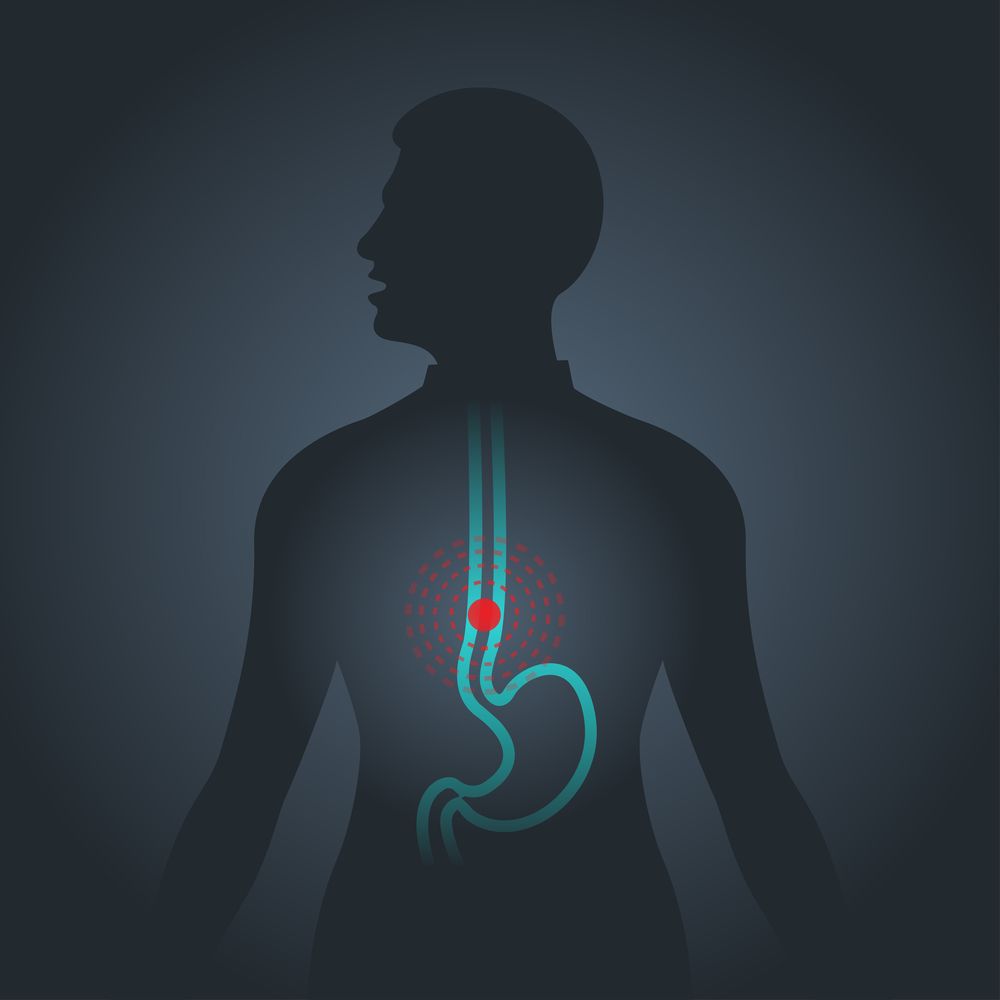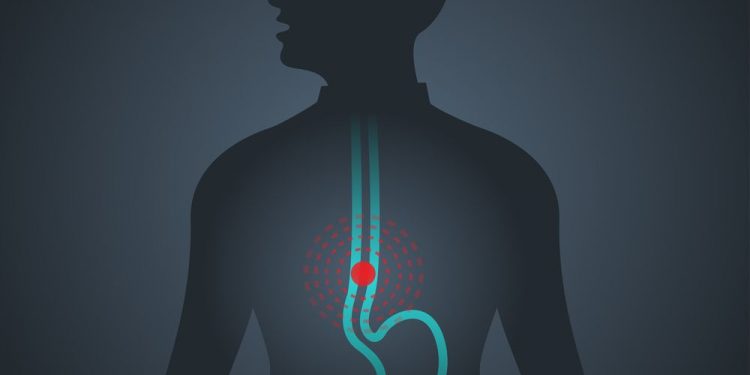Esophageal cancer is a type of cancer that starts in the oesophagus (gullet) and grows into the lining of the throat and the upper digestive tract. It usually affects people over 60 and is more common in men than women. People with esophageal cancer usually have pain when they swallow and trouble eating or drinking.
If a person’s esophageal cancer is found early, they may be able to have surgery to remove it. This involves removing part or, in some cases, most of the esophagus, and sometimes parts of other organs such as the stomach. In addition, chemotherapy and radiation therapy can be used to shrink a tumor or to treat a person’s symptoms.
Cancers can be caused by changes in the DNA inside cells. Changes can make cells grow faster or stay alive longer than they should. They can also cause genes to turn on, or off, and not work as they should. If a gene turns on, it helps cancer cells grow and spread, while those that don’t turn on can slow or stop cancer growth.
Doctors can test for esophageal cancer by looking at the oesophagus and nearby lymph nodes. They can also take a small sample of the tumour and send it to a laboratory for testing. This type of test is called molecular testing and is an important part of a cancer diagnosis. It allows doctors to look for particular abnormalities in the DNA of cancer cells that can help determine which esophageal cancer treatments are best.

The results of these tests are combined to assign a cancer stage, which lets doctors know how serious the disease is. Stages range from 0 to IV and are based on whether the cancer is localised to just the oesophagus or has spread to other tissues or organs in the body. A higher cancer stage means that the cancer has likely grown more quickly and is more difficult to treat.
When a cancer is diagnosed, healthcare providers will discuss treatment options with the patient. The most common options are surgery, chemotherapy and radiation therapy. The order of these treatments may be different from one patient to another. For example, doctors might use photodynamic therapy or radiofrequency ablation before surgery in some cases.
Some patients with esophageal cancer might be able to access new treatments through clinical trials or expanded access programs. These are ways to get innovative new treatments before they are formally approved by the FDA. These treatments can be more effective and less invasive than traditional ones, which makes them important tools in the fight against esophageal cancer. However, it is important to remember that these experimental therapies are not a cure for esophageal cancer and they won’t prevent recurrence of the tumour. Therefore, it is important to continue to get regular check-ups and follow your doctor’s advice carefully. A healthy lifestyle, including avoiding smoking or chewing tobacco and limiting alcohol intake is thought to lower the risk of esophageal cancer.









